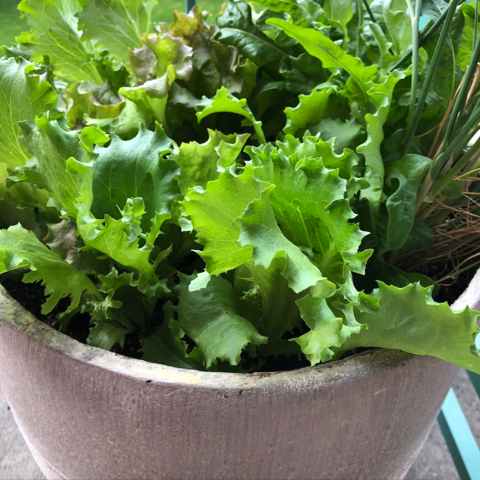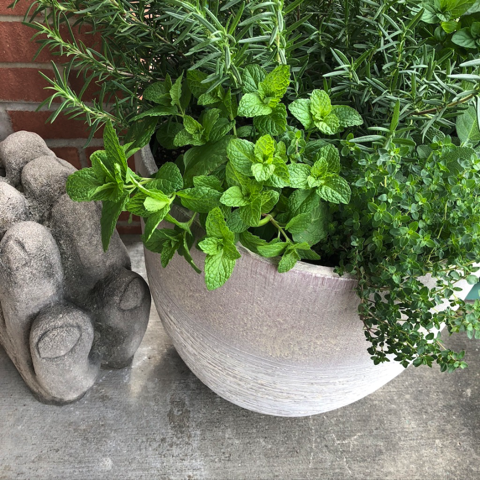My friend Audrey in high school knew from our sophomore year that when she went to college, she wanted to study math. Like her father, a Bell Labs engineer, she had always loved math. When she got to college in the fall of 1974, she decided to double major in math and computer science.
I visited Audrey once at Cornell. We went to the computer lab and I watched Audrey and others carry tall stacks of punch cards and place them carefully into large machines. The computer lab was a gray room without windows and without sound other than the machines and the cards.
Audrey loved it there, loved making magic happen with her cards. I hated it.
When I worked at hospitals, I often met doctors who knew well before high school that they wanted to be a doctor when they grew up. It was so common it was trite.
I was never like that, there was never any one thing I burned to become. I think it’s like that for many of us, maybe most of us. There are a variety of things we would be happy doing for our right livelihood, things that marry our strengths with our curiosities and with what others are willing to pay us to do.
Last week we looked at our strengths. This week we’ll focus on conditions—in what sort of environment are you at your best?
The environment includes the whole environment—not just physical but emotional and social and mental and spiritual and whatever other dimensions you want to include.
If I look back on my career and think about times I have flourished, I can examine my environment to see what contributed to that flourishing. Conversely, when there were times I shriveled on the vine, I can examine my environment for conditions that were absent.
These are the conditions that help me flourish:
Physical: well-functioning technology, a broad work surface, clean air, a chair that supports healthy posture, a mix of lighting, access to good food and water, a clean restroom.
Emotional: People I enjoy being with, a boss that believes in me (I decompensate under a boss that doesn’t believe in me), a belief that the work matters, a belief that the leaders of the organization believe in the work.
Mental: Smart people, people who are still learning and who help me think and learn.
Spiritual: People who believe and act as if everyone matters, people who give space for others’ beliefs, even and especially when those beliefs are different from their own, people who demonstrate a commitment to core values.
Social: Social interaction without expectations that after-hours bonding is a job requirement, a mix of people rather than a homogenous group.
Some things on my list may strike you as odd (e.g., a clean restroom) but if it made the list it’s because there’s been a time where either I had it and loved having it, or didn’t have it and longed for it.
Some things on my list I wish weren’t true about me, like the fact that my sense of self fluctuates depending on what my boss thinks of me. I wish I had a stronger sense of self, a stronger core, but it makes more sense to acknowledge what is (at least for now) than to put myself in a situation where I have to work daily to overcome my limitation.
For my current work, I write for myself and for a friend and I teach for the University of Cincinnati. As I review my conditions for thriving, they are met, except for the chair, and that’s coming tomorrow.
What about you? Under what conditions do you thrive?
As always, if you’re keeping notes, now is the time.
Corona Comment
When will this be over?
No one knows.
No one can say.
We want a date because then we have something to aim for. We tell ourselves, “If I can just hold out until X date, then this will be over.”
Having a date—a false date, based on hope rather than knowledge—is not helpful.
Instead, I recommend the approach taken by those who have survived much more difficult containment circumstances—prisoners of war and concentration camp prisoners.
I do not mean to minimize the grief and hardship and loss experienced by those prisoners. I do intend to learn from them.
Based on what I’ve read over the years, these are the lessons I take:
1. Do not pick a date on which to pin your hopes (e.g., Thanksgiving, a birthday, an anniversary), because when the date passes and you are still confined, those dashed hopes are likely to put you on a path to depression.
2. Keep hope. Believe that you will get out.
3. Keep faith. Believe that your confinement is serving a larger purpose. If you want to follow Elie Wiesel’s practice, imagine yourself in the future, addressing large crowds about what you learned from this experience.
4. Focus on the good. There is still good all around us and it is much more healthful to focus on what is good than on what is not.
Chewing the Cud of Good


The balcony of my condo faces northwest. It doesn’t get direct sunlight until after 4:30 p.m. The wind blows hard. These are poor conditions for plants and kept me from attempting to grow anything. Thanks to the coronavirus, I thought it was worth trying. I am thankful that I now have lettuce for salads and herbs for soups and smoothies (mint + pineapple is fabulous!).